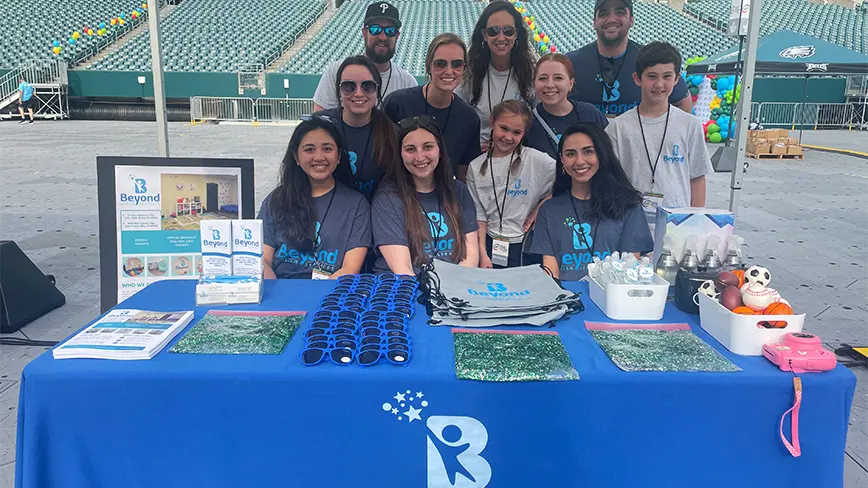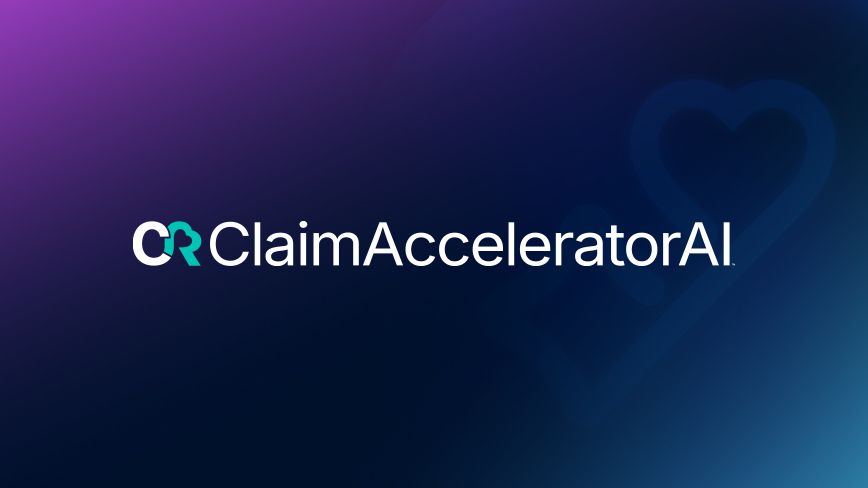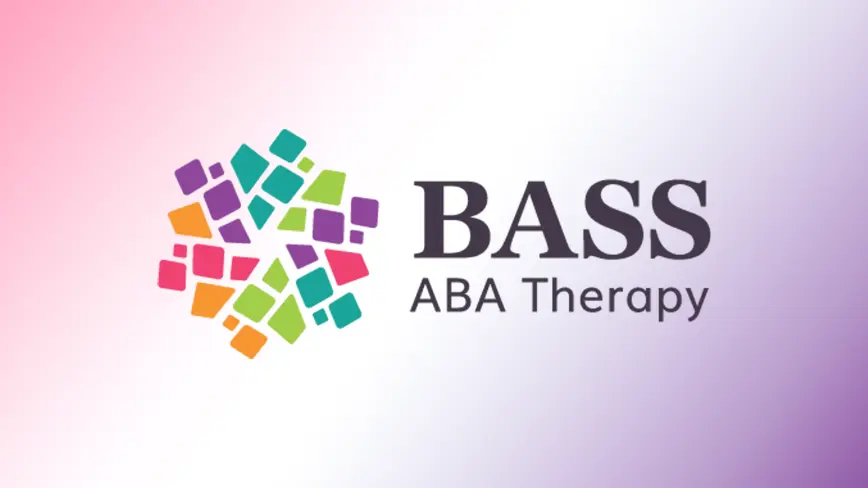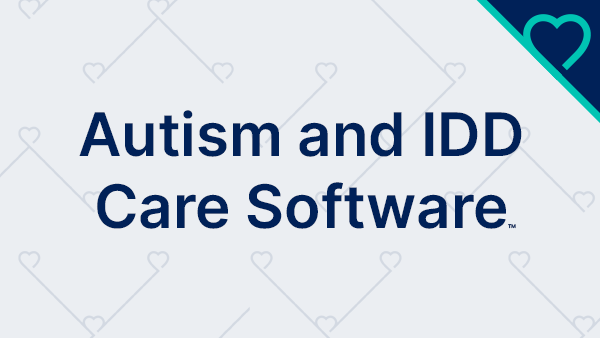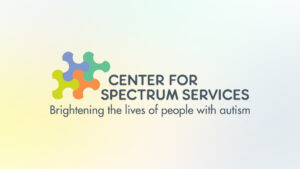Public school classrooms have undergone significant transformations over the years. They have had to adapt to changes in enrollment, increasing special education populations, teacher attrition, shifts in teaching standards and expectations, compliance, funding, and technological advancements. With these ever-evolving changes, it is increasingly evident that classrooms must have the right tools, with the right people, at the right time to drive optimal student success. Locating partners with tailored special education solutions and services available to support staff, students, and families from PK-12 and beyond is essential for creating positive outcomes for everyone.
As the #1 provider of autism and IDD care software and services, CentralReach provides end-to-end applied behavior analysis (ABA) software that supports the delivery of ABA therapy and related services - at home, school, and work.
Our suite of special education solutions supports educators, behavior analysts, paraprofessionals, and others in the delivery of high-quality, whole-child special education services. Let’s dive into how our tools help drive a lifetime of success.
Data Collection
Data collection is a necessary component of conducting assessments and IEP compliance. Educators must collect data that shows the student’s skill level at baseline as well as how they are progressing toward achieving their goals. In the past, educators recorded data with paper and pen. However, digital data collection has paved the way for improved efficiency and compliant record-keeping.
The benefits of digital data collection in the classroom include:
- Enhanced efficiency – Digital data reduces unnecessary busy work, like scrambling through data sheets and entering data into multiple systems.
- Increased accuracy – Paper data is more prone to human error, especially when educators rely on their memory to record data long after the skill or behavior is demonstrated. Digital data collection enables teachers and support staff to quickly and accurately enter data in real time, increasing accuracy.
- Enriched collaboration and transparency – With electronic data, families, IEP teams, and other professionals can be better informed about the student’s progress, rather than waiting around for progress reports or going back and forth with emails or phone calls.
- IEP compliance – FERPA-compliant digital data ensures educators maintain compliance with IEP requirements.
- Job satisfaction – With easier workflows and improved data management, teachers, paraprofessionals, and behavior analysts are more likely to be satisfied in their roles and less likely to burnout— resulting in higher retention rates.
- More time spent teaching – When data collection workflows are optimized, educators spend less time on record keeping and more time with their students, doing what matters the most.
Data-driven decision-making in education can significantly improve student outcomes, academically and beyond. Digital data allows for teaching plans that are developed uniquely based on an individual’s pathway rather than implementing one-size-fits-all teaching.

Digital Assessments
A child’s special education journey begins with an initial assessment. A comprehensive assessment lays the foundation for long-term, data-driven success. CentralReach’s assessment platform (CR Assessments) allows IEP teams to capture a complete picture of the whole child, from academics to communication, social, and functional living skills— using ABLLS-R® and AFLS® online. Assessing a learner across a wide range of skills enables educators to develop holistic goals that drive success beyond academics.
Some of the other benefits of CR Assessments include:
- Enhanced understanding of student needs – Robust reporting and analytics provide educators with a deeper understanding of their student’s needs, allowing them to tailor goals to their unique needs.
- Improved student outcomes – Digitial assessments offers enhanced opportunities to assess your students across several areas or stages of development. Teachers can better support their students toward achieving their long and short-term goals.
- Streamlined workflows – Eliminate extra work with streamlined workflows that automatically score assessments and provide real-time reports summarizing student results.

IEP Development and Progress Monitoring
Tailored teaching practices for each student are essential for ensuring every student receives the individualized support they need to succeed. This is especially important for children with autism, IDD, and other special needs who often require more individualized teaching strategies. As such, Individualized Education Plans (IEPs) must be carefully crafted with data to support the learner’s goals. Data-driven pedagogy can not only improve a student’s educational success but also establish a lifetime of learning and achievement.
CR LiftEd is an evidence-based solution to tracking and managing IEP, behavior, therapy, and skill acquisition goal data. This platform allows educational team members to use assessment findings and behavior data collected, such as ABC data, to guide IEP goal development and lead to overall improved results per student. With this enhanced data tracking in one integrated system, educators and analysts can increase visibility, accountability, and compliance with educational laws and district policies.

Task-Based Prompting
Task-based prompting is an effective method for promoting independence and autonomy. Inspiring independence among children with special needs may contribute to improved quality of life and feelings of self-worth.
avail® by CentralReach, a customizable tool for independent task completion, enables educators to promote a lifetime of independence. avail is particularly beneficial for pre-employment transition and transition service programs to guide students into life beyond grade 12.
Other benefits of avail by CentralReach include:
- Reduction in staff burnout – By reducing the need for 1:1 instruction, staff are less likely to feel overwhelmed and burnt out.
- Increased staff capacity – With high attrition rates in special education, districts often struggle to hire and retain enough teachers and support staff. Increasing independence through task-based prompting helps expand staff capacity by reducing the need for 1:1 support.
- Improved continuity of care – avail empowers students at school, at home, and in pre-employment, vocational, and other community settings, allowing for seamless transitions and continuity of care.
Continuing Education and Professional Development
It can be challenging to onboard and develop special education staff that share the school’s values and have the skills necessary to encourage optimal student growth. As a partner in fidelity and professional development, CentralReach provides expert-led content via webinars, guides, blogs, training, and more. We support beyond software by helping educators and BCBA’s develop the skills and knowledge vital for promoting classroom success.
Drive Student Success with CentralReach
CentralReach is dedicated to providing special education solution technology that enhances every student’s educational team’s ability to support their learners on their educational journey in and out of the classroom. As a preferred partner for districts around the nation from PK-12 and beyond, we continue to improve and expand upon our products to provide top-notch supportive software for our partners.
Want to explore or expand a partnership with CentralReach? Learn more about how we can help your team drive student success!
Posted in Special Education
You may also like...
Related information and stories
From Paper to Progress: How One School Is Going All-In on CR LiftEd for Academic and Behavioral Data
For nearly 50 years, Center for Spectrum Services has been a pillar of autism support across New York’s Mid-Hudson Valley, serving students from over 30 school districts through its Kingston…
Continue ReadingMeet the McCloskeys: Innovators in Executive Function Practice
Meet the McCloskeys: Innovators in Executive Function Practice Executive functioning (EF) skills, from focus and sustained attention to self-regulation and impulse control, are the foundation for success in school, work,…
Continue ReadingSummer Learning Loss and its Impact on Students
Summer learning loss, also known as the “summer slide,” is a well-researched phenomenon that refers to the decline in academic skills that occurs during the summer months. Each fall, educators…
Continue Reading
